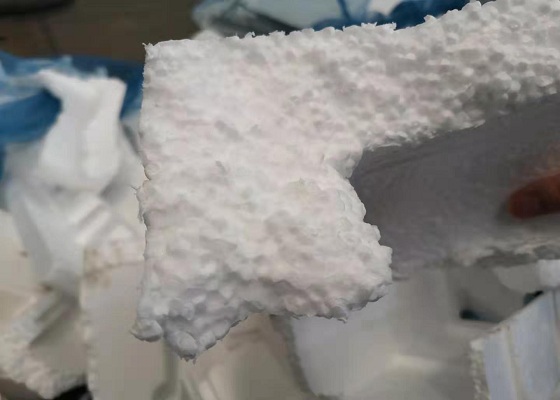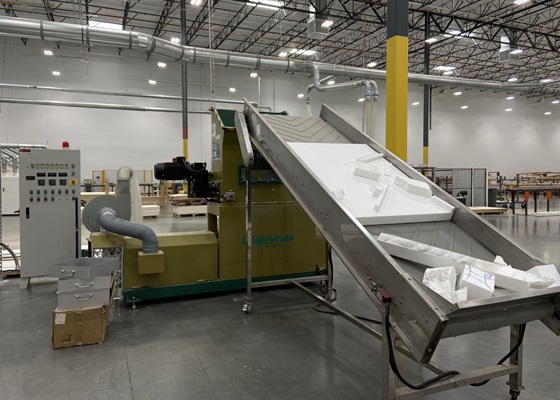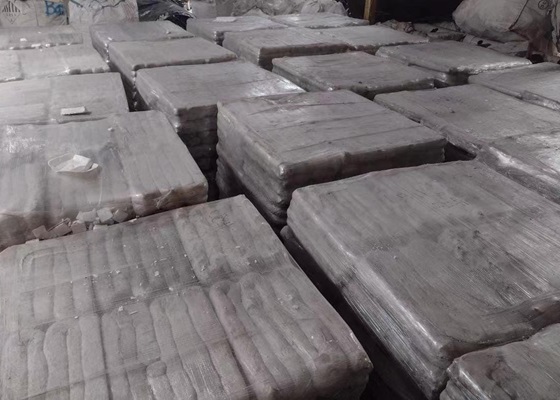Polystyvert Completes Initial Series B Financing for Foam Recycling
Polystyvert, a leader in foam recycling technology, announced the successful completion of the first tranche of its Series B financing, raising more than $16 million. The funds will be used to build the first commercial plant in Montreal, Canada, which is dedicated to recycling highly contaminated polystyrene waste and is scheduled to begin operations in 2026.
Polystyvert combines a unique mechanical and chemical approach to achieve the recycling of styrene polymers through proprietary dissolution and purification technologies. This foam recycling method is cost-effective, purifies polystyrene of contaminants, and produces a final product that meets safety standards. More investors are expected to join the second tranche of financing, aiming to increase the total amount to $30 million.

With the continuous development of foam recycling technology, there are now a variety of Styrofoam recycling solutions for recyclers to consider and choose from, mainly including chemical and mechanical recycling methods. Chemical recycling refers to the decomposition of Styrofoam in a vacuum environment through pyrolysis and can be used as fuel. Mechanical recycling mainly uses machines such as Styrofoam densifier and foam granulator to reprocess foam into Styrofoam ingots and PS particles, which are raw materials for recycled products.
Styrofoam densifier is a device that heat-melts foam into ingots at a ratio of 90:1, greatly reducing the foam volume. The expanded polystyrene recycling machine is an indispensable machine in the foam recycling process, which can significantly improve transportation and warehousing efficiency, reduce costs, and avoid safety hazards caused by large amounts of foam accumulation in the factory.

There are three main types of foam volume reduction equipment on the market, including foam cold-press compactors, hydraulic compactors and hot melt Styrofoam densifiers. Compared with the first two machines, Styrofoam densifiers have irreplaceable advantages and occupy a large share in the foam recycling market.
Styrofoam densifier crushes the material, melts it efficiently, and then cools and solidifies it, completely removing the air in the EPS to achieve the best volume reduction effect. The foam ingots produced by the expanded polystyrene recycling machine are more marketable and more popular with downstream recyclers. Hot melt materials can not only reduce transportation costs, but also significantly improve granulation efficiency, while the granulation capacity of cold-press materials is far lower than the basic capacity of the granulator.
In addition, the Styrofoam densifier is very simple to operate. The compaction of the foam is controlled by temperature, and the foam recycling process is directly adjusted by temperature and start button. However, the machine still has some unavoidable shortcomings. For example, the Styrofoam densifier will produce some odor during operation, which many recyclers will mind.

The Styrofoam densifier developed by INTCO Recycling has passed the SGS hot melt machine odor test, ensuring that these odors have no impact on the human body and the environment. INTCO Recycling can also provide you with exhaust devices to solve the odor problem. If you find it unacceptable, we have other Styrofoam recycling solutions for you to choose from.
INTCO Recycling is committed to providing the most satisfactory foam recycling solutions and services to customers around the world.
